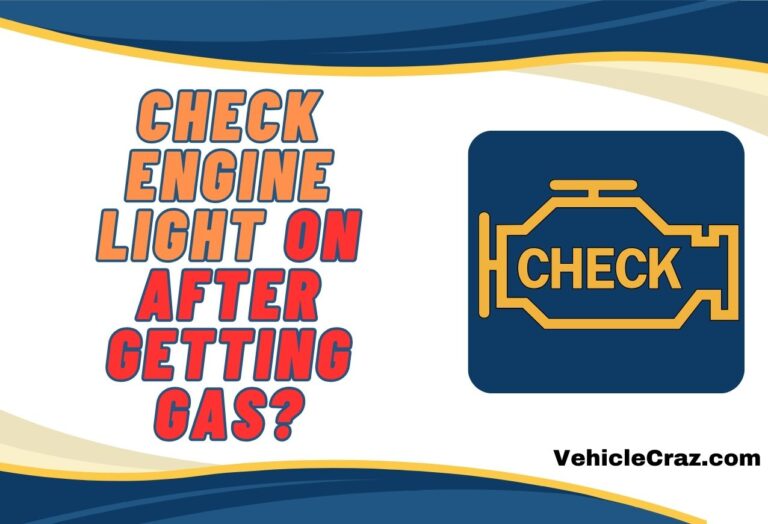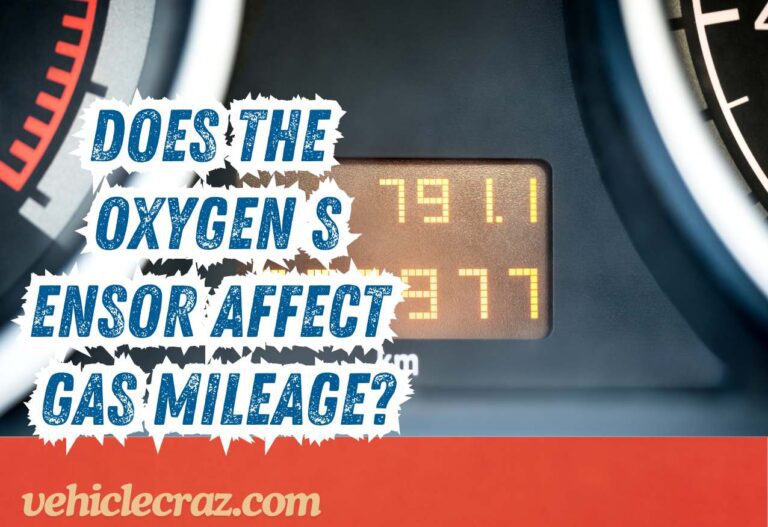Can A Car Horn Run Out of Honk?
Ever wondered if your car horn can actually “run out of honk”? While it might seem like a quirky question, the functionality of your car horn is crucial for safety and communication on the road. In this article, we’ll explore whether a car horn can lose its sound over time, what causes it to stop working, and how you can diagnose and prevent horn issues.
Can A Car Horn Run Out of Honk?
No, a car horn does not “run out of honk” in the literal sense, but it can experience issues that affect its functionality. Here’s a detailed look at the factors that can impact a car horn’s performance:
Mechanical Wear and Tear
A car horn consists of various mechanical and electrical components, including a diaphragm, coil, and contacts. Over time, these components can wear out due to frequent use or exposure to environmental elements.
Mechanical wear can cause the horn to produce a weaker sound or stop working entirely. If the diaphragm or other internal parts become damaged or corroded, the horn may not function as effectively.
Electrical Issues
The horn relies on an electrical circuit to operate. Issues such as a faulty fuse, damaged wiring, or a malfunctioning relay can disrupt the power supply to the horn, causing it to fail.
Corrosion at the electrical connections or damage to the wiring can impede the current flow, resulting in a weak or non-functional horn.
Horn Coil Problems
The horn’s coil generates a magnetic field that moves the diaphragm to produce sound. If the coil becomes damaged or loses its magnetism, the horn may produce a lower sound or stop working.
Environmental Factors
Exposure to rain, snow, or road salt can cause corrosion and damage to the horn. This environmental impact can affect the horn’s performance and lifespan.
Lack of Maintenance
Regular maintenance is crucial for ensuring the horn remains functional. Without periodic inspections and cleaning, issues such as dirt buildup or loose connections can affect the horn’s performance.
How Can You Diagnose a Car Horn That’s Not Working?


I’m Alex, a seasoned mechanical teacher with over 20 years of hands-on experience in Australia. My passion for all things automotive has driven me to establish this blog, aiming to share my wealth of knowledge and expertise with fellow enthusiasts, DIYers, and anyone keen on understanding the mechanics behind the machines we rely on daily.







